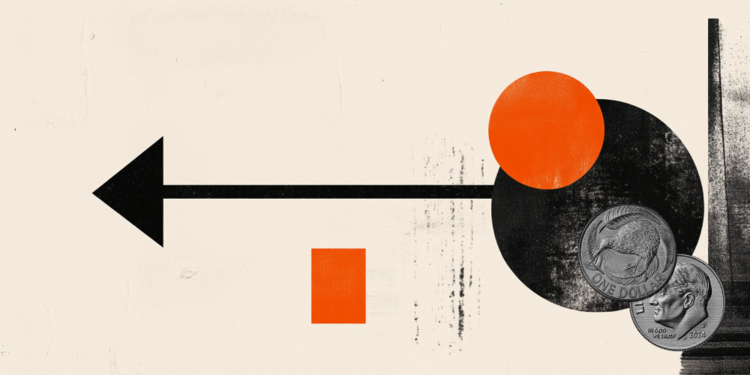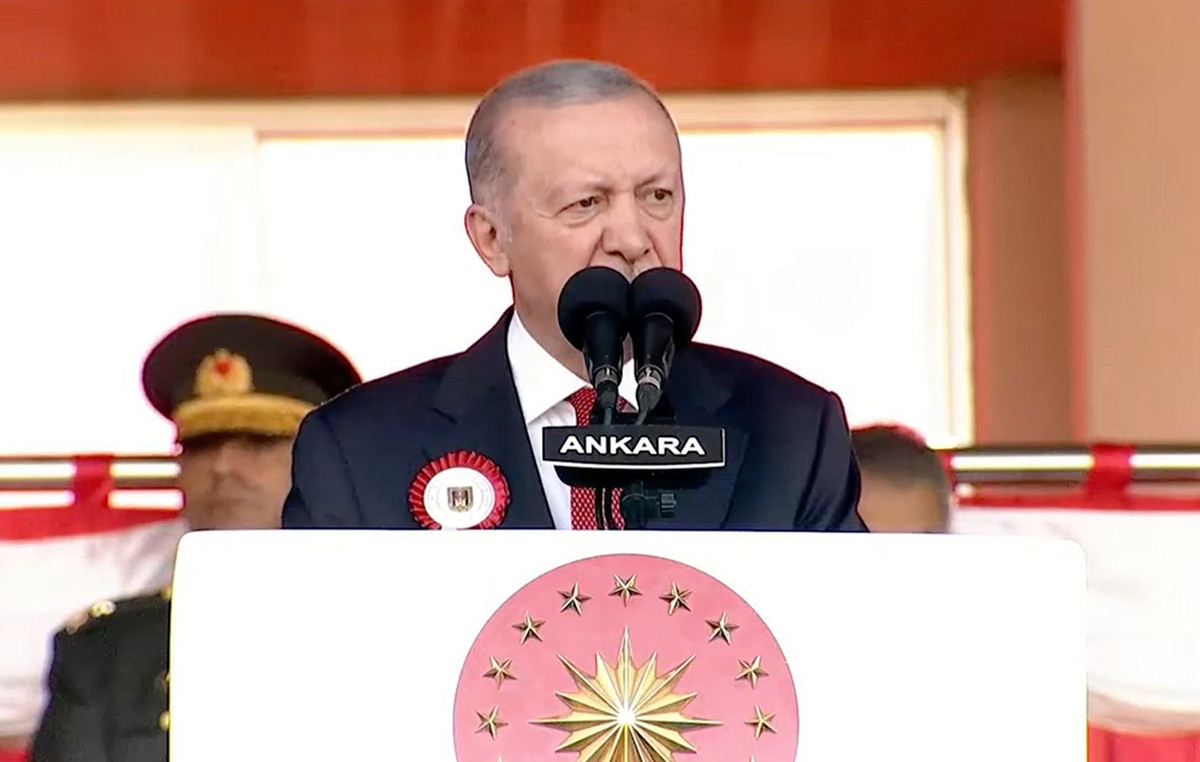The last time Chinese leader Xi Jinping and Russian President Vladimir Putin sat opposite each other, they triumphantly declared the arrival of a “new era” in international relations.
Amid a Western diplomatic boycott of the Beijing Winter Olympics and a looming crisis in Ukraine, the world’s two most powerful autocrats shared their visions of a new world order: one that would better accommodate the interests of their nations and would no longer be dominated by Western.
In a 5,000-word joint statement, the two leaders declared a “boundless” friendship and voiced their shared grievances toward the United States and its allies.
“The world is undergoing major changes,” they said in the joint statement, noting the “transformation of the architecture of global governance and the world order.”
More than 200 days later, Xi and Putin met again at a regional summit in the city of Samarkand in southeastern Uzbekistan. A lot has changed, but not necessarily in the way that China or Russia might have predicted.
Three weeks after meeting Xi Jinping in Beijing — and just days after the Winter Olympics ended — Putin launched a full-scale invasion of Ukraine. He expected a quick win, but seven months later, Russia is far from winning. His forces are exhausted, demoralized and fleeing the territories they have occupied for months.
And this is making China nervous. Having moved ever closer to Moscow under Xi, Beijing has a direct stake in the outcome of the war. A defeated Russia will strengthen the West and become a less useful and reliable asset in China’s great rivalry with the United States. A weakened Moscow could also be less of a distraction for the US, thus allowing Washington to focus more squarely on Beijing.
Xi has a fine line to tread. If he leans too far toward helping Russia, he risks exposing China to Western sanctions and diplomatic coups that would harm its own interests. The backlash would also come at a delicate time for Xi, who is just weeks away from seeking a third term at the 20th Party Congress.
So far, the two authoritarian powers have come nowhere near shaping the world order in their favor — if anything, experts say Russia’s war on Ukraine has served to strengthen Western resolve.

High risk
For Putin, invading Ukraine was probably the first step in removing Russia from the post-World War II – and post-Cold War – international order.
A quick takeover of Ukraine would have dealt a painful blow to the North Atlantic Treaty Organization (NATO), expanded Moscow’s sphere of influence and significantly shifted the balance of power in Europe in Russia’s favor.
A Russian victory may also have set a dangerous precedent with China, which has vowed to “unify” itself with Taiwan’s autonomous democracy — by force if necessary.
Under Xi, Beijing is already stepping up military activity near the island. An easy victory for Putin would have further deepened Xi’s belief that the West is in decline and provided a model for an attack on Taiwan – an event of enormous consequences that could reset the global balance of power.
But Ukraine fought back, and rather than sabotaging the US-led order, the invasion reinvigorated NATO, strengthened transatlantic ties and united the West.
Meanwhile, Putin’s meeting with Xi could not have come at a worse time. Russian forces are retreating en masse in northeastern Ukraine, losing more territory in a week than they captured in five months.
While it is still too early to predict the outcome, even the prospect of Russia losing the war is enough to make Beijing anxious.
Russia’s setback in Ukraine is already starting to provoke considerable political backlash within Moscow, and a complete defeat could create political instability in the Kremlin — and serious headaches for China.
While the growing ties between China and Russia are mainly fueled by their tensions with the West, they are also partly driven by the close personal relationship between Xi and Putin. During his decade in power, Xi has met Putin 38 times — more than twice as many times as he has met any other world leader.

There is no guarantee that a Russia without a strong Putin would be so keen to pursue a “boundless” friendship with Beijing; at worst, it may even become more friendly to the West, adding to long-standing Chinese fears about US geopolitical encirclement.
Self-interest calculation
The question, then, is how far Beijing is willing to go to ensure that Putin remains in control and that Russia remains a powerful strategic and security partner to counterbalance the United States.
For its part, China abstained from voting against Russia at the United Nations. The country blamed NATO and the US for the war and condemned Western sanctions on Moscow. It also stepped up economic assistance to its neighbor, boosting bilateral trade to record levels.
“China is willing to give Russia some tacit support politically, diplomatically and to some extent economically, but the bottom line is that it will not go out of its way and undermine its other strategic goals for supporting Russia,” said Brian Hart. , China Power Project fellow at the Center for Strategic and International Studies.
So far, Beijing has carefully avoided actions that could violate Western sanctions, such as providing direct military aid to Moscow. Global market access is crucial for China, especially when its economy is already beset by serious problems — from slowing growth, skyrocketing youth unemployment to the collapse of the housing market.
One area to watch, Hart said, is arms sales. China has been one of Russia’s biggest arms buyers. “I wonder if Russia’s own defense industry is overwhelmed, would it buy weapons from China,” he said.
But even then, China would likely look to ship replacement parts or items that are not on the sanctions list, or ship them via complicated routes that are difficult to track.
“[Pequim e Moscou] they have repeatedly said that they do not intend to create a formal alliance that will unite them in a way that is against their interests. That didn’t work for them during the Sino-Soviet alliance in the 1950s, and I think they really see it as a history lesson,” Hart said.
“I think China will only continue to strengthen relations with Russia to the extent that it is really in their general interest.”
growing discomfort
But even before Russia’s battlefield troubles, its military aggression on Ukraine — and Beijing’s tacit support for Moscow — had already alienated some countries outside the Western orbit.
When Xi and Putin meet other eight-nation Shanghai Cooperation Organization leaders in Uzbekistan on Thursday (15) and Friday (16), the war in Ukraine will be the elephant in the room.

Having seen Russian tanks enter Ukraine, a former Soviet republic, the Central Asian leaders of the former Soviet territories are concerned that Russia could invade their land as well.
Kazakhstan, in particular, refused to follow Moscow’s line. It has sent humanitarian aid to Ukraine, and its president, Kassym-Jomart Tokayev, has publicly refused to recognize the Russian-backed breakaway regions in eastern Ukraine, angering some Kremlin officials.
China’s refusal to condemn Russia has caused unease among Central Asian countries, said Niva Yau, a senior researcher at the OSCE Academy, a think tank of foreign policy in Kyrgyzstan.
“China is at odds with countries in the region because it is still looking at Russia’s war in Ukraine from this anti-Western narrative — as if it is about to overthrow Western hegemony,” she said.
That risks undermining China’s efforts to build stronger ties with its Central Asian neighbors, an effort China has invested heavily in for two decades, according to Yau.
During Xi’s state visit to Kazakhstan on Wednesday – his first trip abroad in nearly 1,000 days – the Chinese leader sought to assuage those concerns.
“China will always support Kazakhstan in maintaining national independence, sovereignty and territorial integrity,” Xi told Tokayev, the Kazakh president, according to Chinese state media.
A world order against the West
Xi Jinping’s trip to Central Asia is not just about showing support for Putin. It is also about strengthening ties on China’s periphery and reasserting Beijing’s global influence.
Founded by China in 2001 to combat terrorism and promote border security, the Shanghai Cooperation Organization has been shrouded in relative obscurity for years. Under Xi, it expanded in size and profile, granting membership to India and Pakistan in 2017. After years on the waiting list as an observer, Iran is slated to become a full member of this summit, according to Chinese state media reports. .
Afghanistan is also an observer, and the Taliban – which took over Kabul after a chaotic US pullout last year – is sending a delegation to Samarkand.
But it is Iran that has alarmed the West. Since 2019, Iran, Russia and China have held three joint naval exercises amid deepening ties. Now, Iran’s expected inclusion in the Shanghai Cooperation Organization is stoking fears long held by some observers that the group is emerging as an anti-Western bloc.
But some experts say that in its current state, the organization is not really the ideal platform for China and Russia to push this world order against the West.
As a multilateral organization, the Shanghai Cooperation Organization is a much weaker regional bloc compared to the European Union or the Association of Southeast Asian Nations.
“Actually, there was sometimes some tension within the Shanghai Cooperation Organization. Russia has tried to promote some of its interests that are not always aligned with China’s in the region. I don’t think it’s perfectly set up to be that kind of platform for shaping a new world order,” said CSIS’ Hart.
Also complicating the picture is the presence of India, which has had strong ties to Russia since the Cold War. But Delhi has also seen relations with Beijing plummet due to conflicts along its border and has drawn closer to Washington and its allies in the Indo-Pacific.
India is a member of the Quadrilateral Security Dialogue alongside the US, Japan and Australia, a group that is approaching threats from China.
However, Xi will use the organization’s summit to show both local fans and the world that despite being diplomatically isolated by the West, China still has friends and partners and is ready to take more leadership on the world stage.
But if the war in Ukraine turns out to be a major inflection point for Russia’s weakening, it could be a setback for Xi’s plans.
“China really doesn’t have other big powerful partners in the same way that the United States has many European and Indo-Pacific allies that it can count on. So Russia is by far the most powerful state that is somewhat aligned with China,” Hart said.
“I think this is something Beijing worries about – that Russia is going to overextend itself and that could undermine their collective efforts to shape the world order.”
Source: CNN Brasil
I’m James Harper, a highly experienced and accomplished news writer for World Stock Market. I have been writing in the Politics section of the website for over five years, providing readers with up-to-date and insightful information about current events in politics. My work is widely read and respected by many industry professionals as well as laymen.







